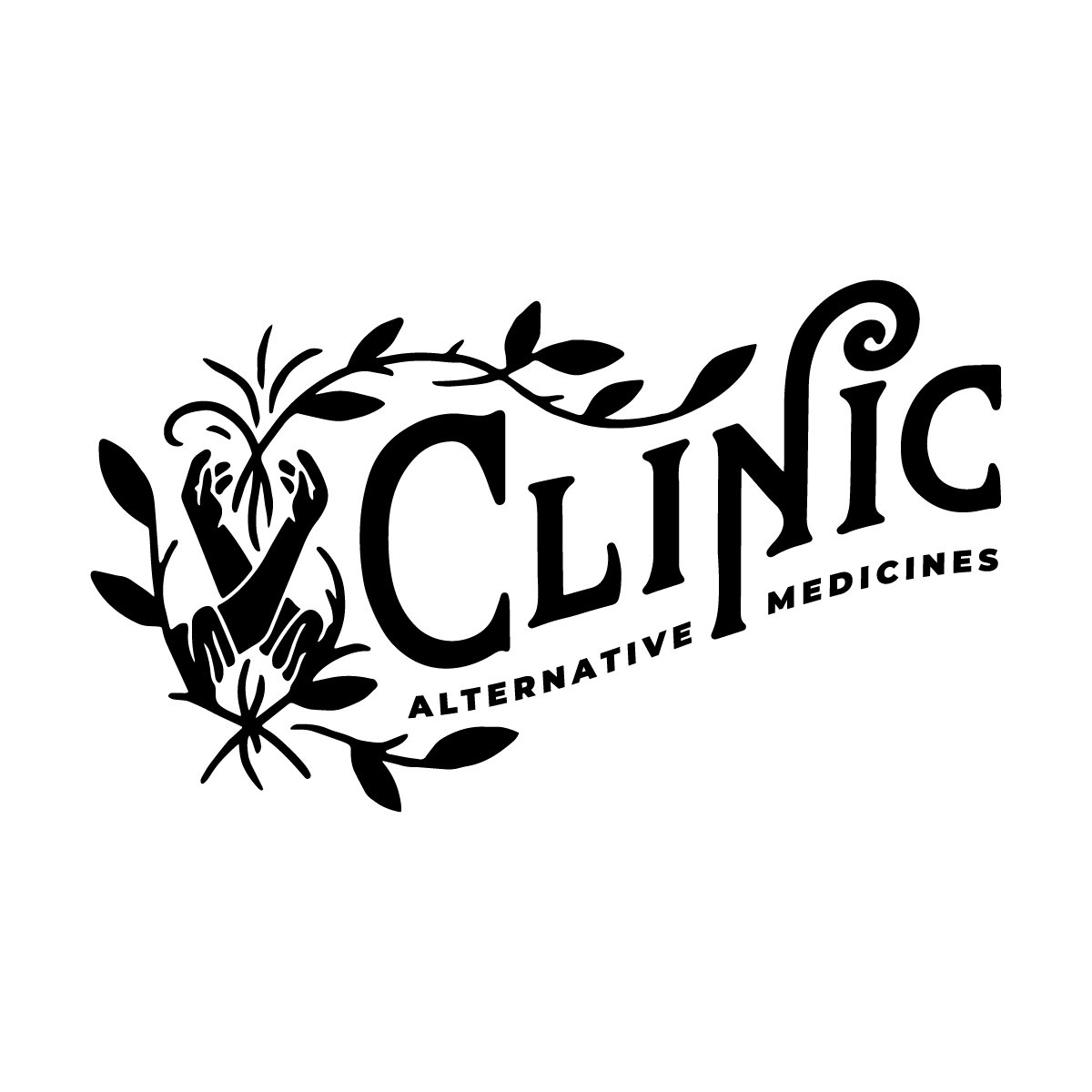Acupuncture and Chinese medicine
What is acupuncture and Chinese medicine?
Chinese medicine is a whole-person healing modality that has been in continuous practice for over 2000 years. Although it is commonly referred to in the US as ‘acupuncture’, acupuncture is merely one of the most widely-used of many treatments based on the Chinese medical theoretical system. These other treatments include Chinese herbal therapy, Shiatsu or Tui Na bodywork, acupuressure, moxibustion, cupping, Gua Sha, dietary and lifestyle advice, and various forms of movement therapy like Qi Gong or Tai Chi. This tradition regards human beings as complex energetic systems, from which spring both the physical body and the mind and spirit-- so diseases and disorders of any one of these might affect any of the others, and treatment of any of these might influence symptoms of any of the others. Chinese medicine addresses physical, emotional, mental, and spiritual diseases and disorders by encouraging the patient’s energetic systems to balance the production and flow of qi (roughly, the energy or life-force), blood, and essence, and strengthening the systems to withstand the influence of external pernicious influences.
What is acupuncture and Chinese medicine good for?
The World Health Organization (WHO) recognizes that acupuncture has been conclusively proven to help the following. It is not considered a comprehensive list, but is a good indicator of the breadth of applicability of this medicine.
Adverse reactions to radiotherapy and/or chemotherapy
Allergic rhinitis (including hay fever) [allergies]
Biliary colic [gallstones]
Renal colic [kidney stones]
Depression (including depressive neurosis, depression following
stroke)
Dysentery, acute bacillary [bacterial intestinal infection and
inflammation]
Dysmenorrhoea, primary [painful periods]
Epigastralgia, acute (in peptic ulcer, acute and chronic gastritis,
and gastrospasm) [spastic stomach pain]
Facial pain (including craniomandibular disorders)
Headache
Knee pain
Neck pain
Low back pain
Post-operative pain
Sprain
Tennis elbow
Hypertension, essential [high blood pressure]
Hypotension, primary [low blood pressure]
Induction of labor [triggering childbirth]
Leukopenia [decreased number of white blood cells, infection
risks]
Malposition of fetus [turning breech babies]
Morning sickness [in pregnancy]
Nausea, vomiting
Pain in dentistry (incl. dental pain, TMJD)
Periarthritis of shoulder [tendon or bursa inflammation]
Rheumatoid arthritis [autoimmune disorder initially affecting the joints]
Sciatica [nerve pain from low back to leg]
Stroke
What can I expect from a treatment? What do I need to do to prepare for it?
During an initial acupuncture treatment, the licensed acupuncturist will ask you about your chief complaint, as well as your health history and general health. The acupuncture is performed on a massage table, and you will usually remain fully-dressed; make sure your clothing will allow access to your legs to above the knee and your arms to your elbows. Most patients feel very little needle sensation, though other sensations are often experienced-- most of which patients experience as pleasant and interesting. You will typically be left to rest with the needles in for 20-30 minutes. Other modalities, including bodywork, moxibustion, cupping, etc., may be used as well, and you can also be evaluated for herbal treatment during the same session. You should leave feeling relaxed and energized, although some patients report some fatigue after their first session.
Group or community-style acupuncture is performed in a larger space with several other patients present. The interview and treatment are abbreviated, but the treatments are still very effective. Points on the head, arms and legs below the elbows and knees, and hands and feet are employed, so clothes can remain on and in-place. For more on community-style acupuncture, see this write-up.
Shiatsu treatments begin with a brief interview about goals and symptoms, followed by a diagnosis made with abdominal palpation. The bodywork is performed on a massage table or on a cushioned mat on the floor. Patients should wear stretchy, soft, comfortable clothing, like sweats or yoga clothes, which fully cover them, including clean socks.
None of these treatments are expected to fully resolve your problem during one session, though we aim to have you feel better each time. Your prognosis and treatment plan will vary by what issue you’re trying to address, how severe it is, how long you’ve had it, and your age and general health.
Caitlin Isbister practices acupuncture and Chinese medicine on Mondays 3- 6:30pm, Tuesdays and Thursdays 9am- 3pm, and Fridays 9am- 1pm. Her prices are here.
Jen. Nery practices acupuncture and Chinese medicine at CLINIC Sundays 10am- 4pm, Mondays and Wednesdays 8:30am- 2:30pm, and Tuesdays 3- 9pm. Her prices are here.
Nora Kennedy practices acupuncture and Chinese medicine at CLINIC Tuesdays 9am- 3pm and Thursdays 3- 9pm. Her price list is here.
Rachel works at CLINIC doing community acupuncture on Tuesday 1- 6pm and Saturday 1- 5pm, and private sessions on Wednesday 9am- 3pm and Saturday 9am- 1pm. Their acupuncture offerings and prices are here.
Zia Sadeghian offers community acupuncture sessions at CLINIC Wednesdays and Thursdays 1- 5pm, and private sessions Tuesdays 1-5. Their prices are here.




